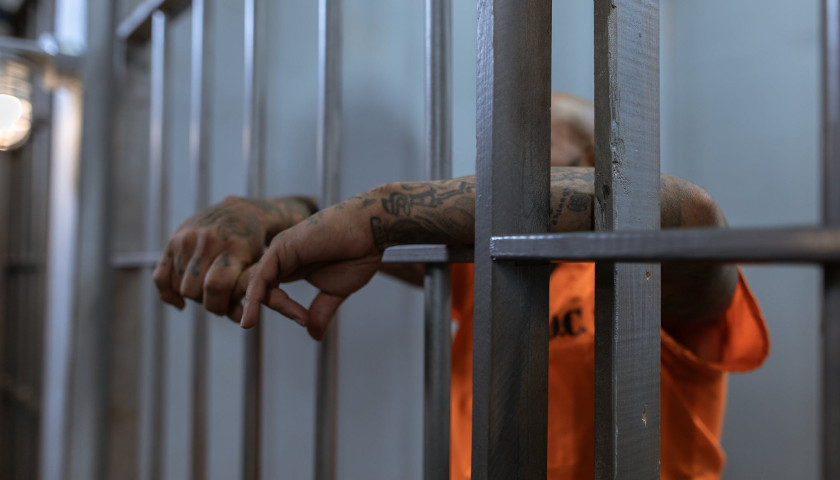The Oklahoma Supreme Court ruled against three of the state’s pro-life laws Tuesday, arguing that they would inhibit a woman’s right under the state constitution to get an abortion to protect her health, according to court documents.
The three laws in question require doctors to be board-certified in obstetrics and gynecology, to have admitting privileges at a nearby hospital and requiring doctors to perform an ultrasound 72 hours before administering any drugs used to initiate an abortion, according to the Associated Press. Several pro-abortion groups including Planned Parenthood (PP) and the Center for Reproductive Rights (CRR) sued the state, arguing the laws were unconstitutional and the state Supreme Court agreed to place a temporary halt while the lawsuit runs its course, according to the ruling.
Read the full story



